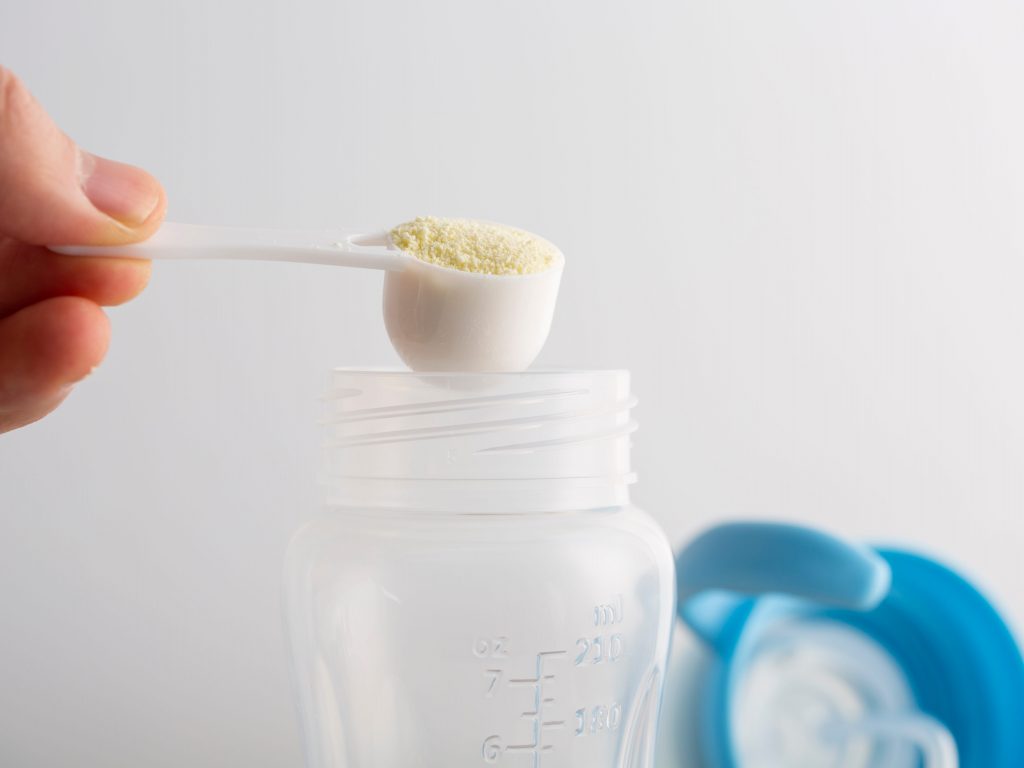- Federal inspectors did not inspect any of the largest baby formula plants for 2 years, per The Associated Press.
- The baby formula shortage exposed how three companies control 90 percent of the market, The AP said.
- A bill introduced to Congress aims to prevent another shortage by ramping up inspections.
US regulators did not thoroughly inspect any of the biggest baby formula manufacturers for two years — including Abbott Nutrition, according to federal records reviewed by The Associated Press.
The Abbot Nutrition baby formula factory shutdown in Michigan has, in large part, contributed to a nationwide shortage of formula.
Recent records reviewed by The AP revealed a two-year inspection gap at Abbott and two other major baby formula manufacturers: Reckitt and Gerber.
When federal inspectors gained access to the facilities missed during the height of the pandemic, no formal warnings were issued although violations such as standing water were evident, per The AP.
The Abbott Michigan factory shut down in February for four months due to bacterial contamination found inside the factory. The four-month shutdown subsequently prompted a crisis nationwide as parents become desperate to find baby formula or alternatives such as breast milk banks.
The AP said 15,000 U.S inspections were skipped at dozens of factories due to pandemic-related staff shortages. According to the records, the FDA has yet to return to a key plant owned by Reckitt and two owned by Gerber.
Abbot recently resumed production at the Michigan facility under an agreement with the FDA.
The FDA did not immediately respond to Insider's request for comment. The agency told The AP that makers of infant formula were "consistently identified as a high priority during the pandemic." The agency also told the outlet that it has made up about 5,000 of the inspections missed during the pandemic.
The two-year gap in inspections and contamination, however, has been criticized by lawmakers. Democratic Rep. Rosa DeLauro introduced a bill in June to address the inspection gap.
Under current law, the FDA is only required to inspect formula facilities every three to five years. The bill, obtained by Bloomberg Law, aims to expand FDA authority — mandating the FDA to inspect facilities every six months and conduct an unannounced inspection to prevent another shortage.
